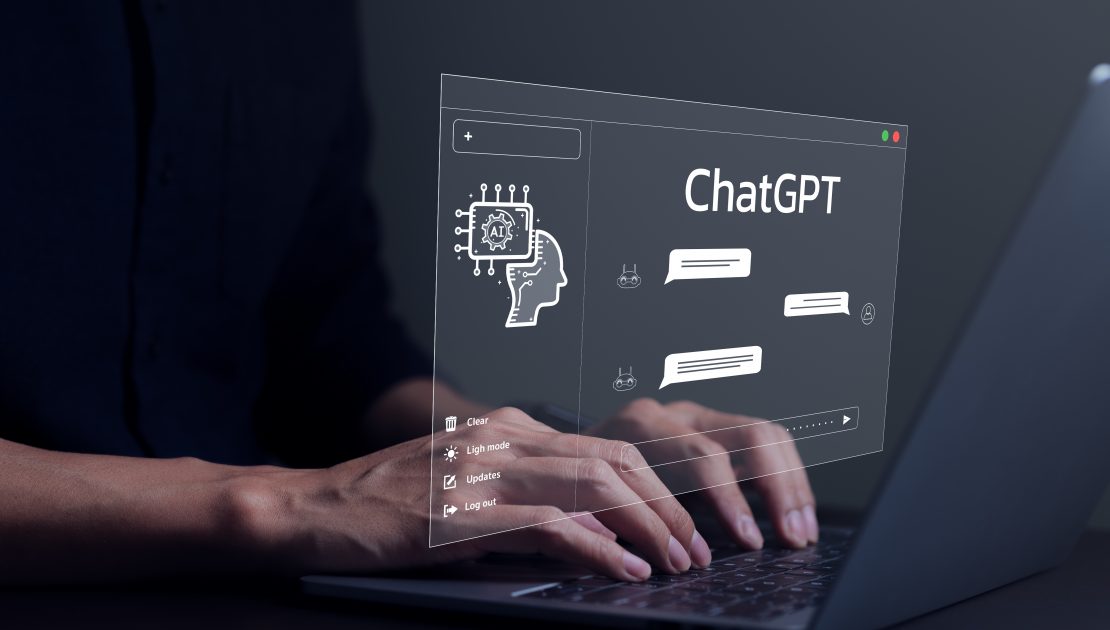ChatGPT Can Improve Learning Experiences

ChatGPT, the AI-powered chatbot developed by OpenAI, can be a highly beneficial addition to any Learning Management System (LMS) platform. With its ability to provide personalized learning experiences, 24/7 support, real-time feedback, and interactive engagement, ChatGPT can enhance the overall learning experience for students. In this blog post, we will explore how ChatGPT can be integrated into LMS platforms to achieve these benefits.
One of the key advantages of ChatGPT is its ability to personalize the learning experience for each student. By analyzing learner data and behavior, ChatGPT can provide tailored recommendations on learning resources and answer questions using natural language processing algorithms. This allows students to learn at their own pace and in their preferred style, which can significantly improve learning outcomes.
With ChatGPT, learners can receive round-the-clock support, which is especially beneficial for those with full-time jobs or other commitments. They can get the help they need whenever they need it, ensuring they stay on track with their learning goals.
Instructors and administrators can save time by automating common questions and issues with ChatGPT’s self-service options. This allows them to focus on more important tasks such as course design and delivery, which can lead to better learning outcomes.
ChatGPT also provides an engaging and interactive learning experience for students, which can increase motivation and retention of information. Additionally, it can analyze learner data and provide personalized feedback in real-time, helping students identify areas where they need to improve and adjust their learning strategies accordingly.
Integrating ChatGPT with LMS platforms can also reduce the workload of instructors and administrators by automating assessment and grading processes. Automatic grading can provide immediate feedback to learners, while adaptive assessments can adjust question difficulty based on learner performance, providing a more tailored learning experience.
For learners who are not fluent in the language of instruction, ChatGPT can provide language translation services, allowing all students to fully understand the content and participate in the learning process. Additionally, for learners who are deaf or hard of hearing, or those who prefer to read rather than listen to content, ChatGPT can provide speech recognition services, transcribing audio and video content, providing captions, and enabling learners to search for specific keywords.
Furthermore, ChatGPT can be used for learning analytics, analyzing learner behavior to provide insights into the effectiveness of learning programs. This data can help instructors make data-driven decisions to improve course content and delivery, resulting in better learning outcomes.
To integrate ChatGPT with an LMS platform like Totara, there are several technical steps that need to be taken:
- Create an API key: The first step is to create an API key that allows ChatGPT to communicate with the LMS platform. This key will be unique to your institution and will be used to authenticate requests made to the LMS platform.
- Configure the API settings: Once the API key is created, the next step is to configure the API settings. This involves setting up the endpoints for the API requests, defining the data formats that will be used, and specifying any security measures that need to be taken.
- Develop the integration: With the API key and settings in place, the integration can be developed. This involves writing the code that will enable ChatGPT to communicate with the LMS platform. The code will need to be tested thoroughly to ensure that it works correctly and that there are no compatibility issues with the LMS platform.
- Deploy the integration: Once the integration has been developed and tested, it can be deployed to the production environment. This involves configuring the production server to run the integration code and ensuring that it is accessible to users.
- Monitor and maintain the integration: After the integration is deployed, it is important to monitor it regularly to ensure that it is working correctly and to address any issues that arise. This may involve updating the integration code to accommodate changes to the LMS platform or to improve its functionality.
ChatGPT can provide a wide range of benefits to LMS platforms, making it a valuable addition to any educational institution. As AI technology continues to evolve, ChatGPT is likely to become an increasingly important tool for education and training. By using ChatGPT, instructors and administrators can reduce their workload, while learners can receive the support and feedback they need to succeed.
Watch Nick White and Arthur Howie discuss learning opportunities with ChatGPT:
